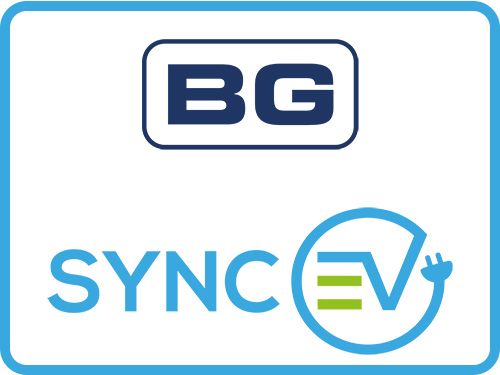Firms Must Prepare For Strengthened ESOS Changes
 With just one year remaining until the deadline for phase three of the Energy Saving Opportunity Scheme (ESOS) mandatory assessment, leading sustainability and compliance specialist Bureau Veritas is reminding qualifying companies to take heed of the latest changes.
With just one year remaining until the deadline for phase three of the Energy Saving Opportunity Scheme (ESOS) mandatory assessment, leading sustainability and compliance specialist Bureau Veritas is reminding qualifying companies to take heed of the latest changes.
Organisations that qualify for ESOS must carry out assessments every four years and for this latest phase, should submit its compliance notification to the Environment Agency (the scheme’s administrator) by 5 December 2023. These include audits on the energy used by a business’ buildings, industrial processes, and transport to identify cost‑effective energy saving measures.
In July this year, the Government released the outcomes of its ESOS consultation, aimed at raising the ambition and standard of ESOS reporting, to make it a greater driver for energy efficiency action and align it with UK decarbonisation goals.
Amongst other changes, key introductions include new compulsory action plans, which participants must set following the phase three compliance deadline and report progress annually as part of its Streamlined Energy and Carbon Reporting framework; meeting these targets won’t become mandatory until phase four. ESOS has also introduced an energy intensity metric whereby a business will need to detail kWh/m2 for buildings, kWh/unit output for industry and kWh/miles travelled for transport.
Whilst businesses have a year remaining to comply with the latest changes, Bureau Veritas is urging businesses to complete this sooner rather than later. With resource availability much scarcer closer to the December 2023 deadline, achieving compliance sooner could be more cost-effective, thus driving additional benefits for a business.
David Murray, Business Unit Manager – Sustainability at Bureau Veritas, comments: “Whilst ESOS reporting must only be carried out every four years, it’s vital that businesses get ahead of the curve to ensure any required audits are completed and submitted ahead of the strict 5 December 2023 deadline. Penalties for non-compliance can be severe, so as well as the opportunities to reduce energy usage and better a business’ carbon footprint, there are clear financial gains to be had from early compliance. What’s more, with a large number of businesses required to meet ESOS requirements by next December, we could see some scarcity of resources as the deadline nears, with business who leave it too late to begin the audit process at risk of missing out.
“Phase three has introduced a number of key changes, most notably the new reporting metrics and the requirement for an energy efficiency action plan to be drawn up. It’s important for businesses to ensure they understand the full scope of the new strengthened requirements while making time to complete any additional audits.”
Bureau Veritas is also urging firms who may not have previously had to report but have since met the criteria through growth or acquisition, to get ahead for their first assessment. Companies which qualify for the mandatory assessment under ESOS include those which employ 250 or more people, have an annual turnover in excess of £44 million and an annual balance sheet total in excess of £38 million.
David continues: “The ESOS qualification criteria are complex and many organisations will need to take significant steps in order to comply with all requirements. Furthermore, businesses which may not have had to report under phase two of ESOS but have since met the criteria to comply with the reporting scheme this time around, may be in the dark when it comes to what they need to do first.
“As an independent third-party with vast experience helping many clients comply with the ESOS regulation in the UK, we’re able to support businesses with UK and European operations to take action towards compliance. Our global network of energy experts offers a wealth of knowledge to help your company achieve compliance in a cost-effective manner. In many cases, going beyond compliance can also maximise the business benefits that can be gained from reducing and optimising energy consumption.”

























































